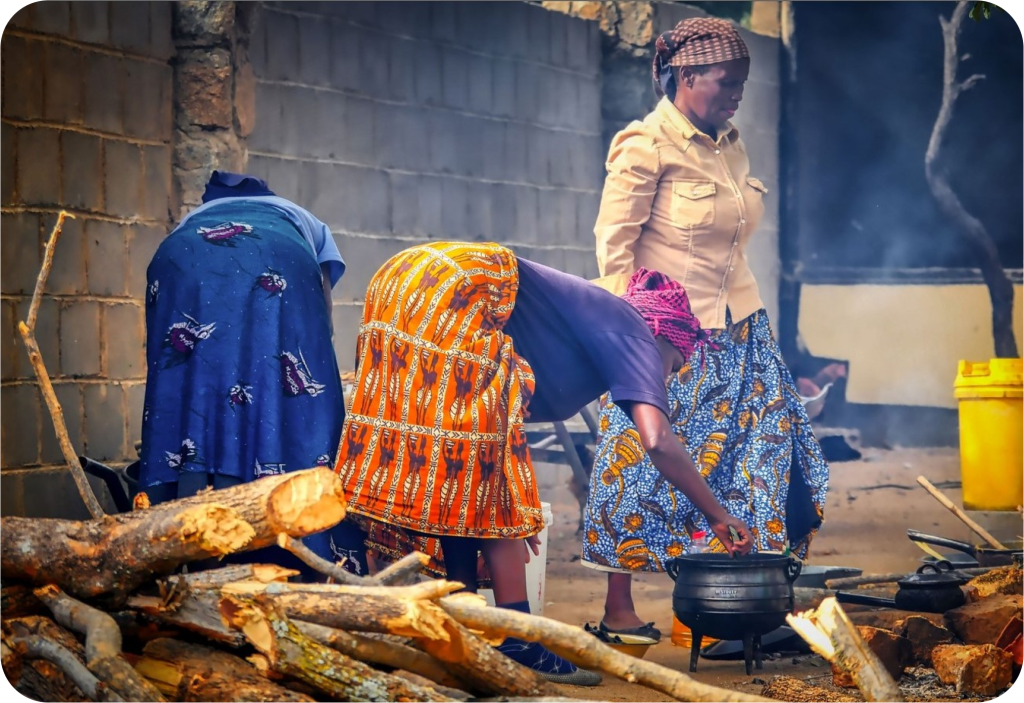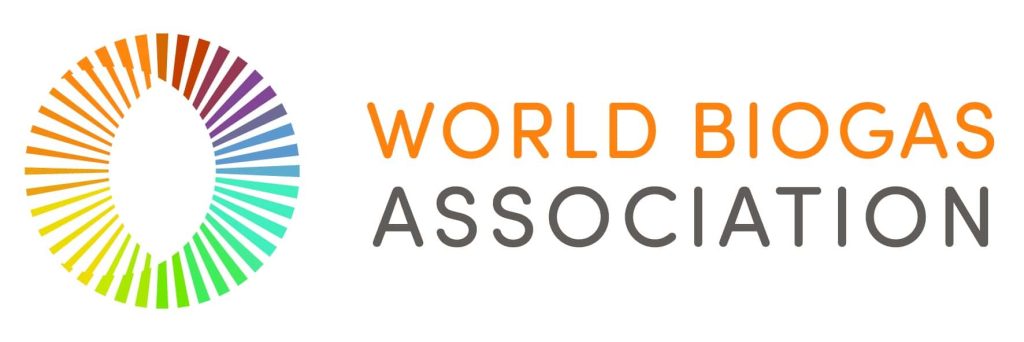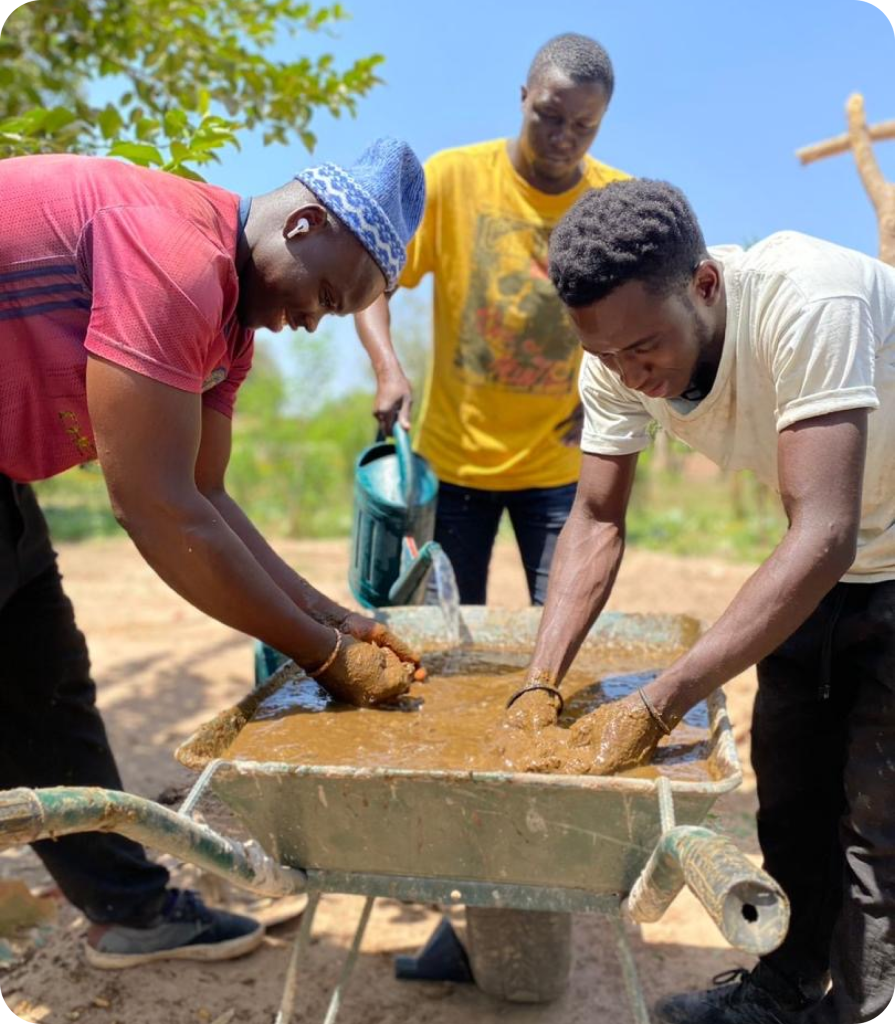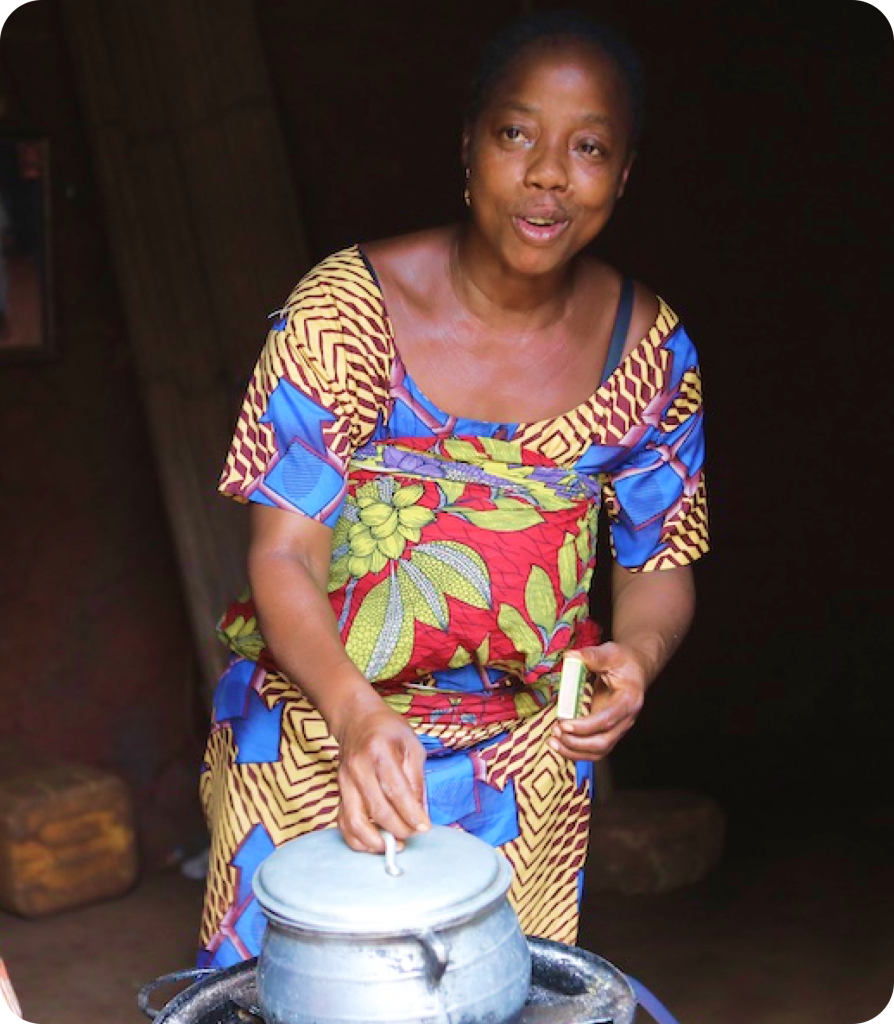Why the choice of biogas?

82% of the African population currently cook on low-efficiency fuelwood or charcoal stoves – as a result, causing up to 600,000 deaths per year due to respiratory diseases. Each African household is burning for cooking a forest of 100m2, year after year. 55% of African Forest losses are for cooking. Cooking in Africa contributes to 24% of worldwide forest losses, 2% of CO2 and 6%
of black carbon particles global emissions.
Benefits of Biogas
Biogas is a low-pressure (safe) methane, produced in a digester by
anaerobic bacterial decomposition of multiple sources of organic waste
(kitchen and agriculture waste, manure, animal dejections, agriculture and food transformation by-products).
Dairy cow manure alone, if fed to biogas systems across the continenet, could serve
110.000.000 households with biogas for cooking.
Biogas technology can provide clean and affordable cooking energy for over 600 million people in Africa, saving lives,
reducing carbon emissions, reducing pollution, halting deforestation, increasing soil fertility,
creating jobs. And it is the only cooking fuel that can also generate an income for its user.
Environmental Benefits
Social & Community Benefits

Saving up to 700,000 lives annually by reducing air pollution and toxins from wood burning.

Reducing pollution from waste & faeces, thus improved sanitary conditions and public health.

Prevention
of deforestation,
is Africa’s main driver of climate change and biodiversity loss

The ability to bring on board strong partners from energy sector to governments.

Professionalizing the biogas sector through training and dedicated management creates jobs and long-term growth.
OUR VALUED PARTNERS







We look forward to hearing from you!
… our team will be in contact as soon as possible.

info@biogasunite.org


